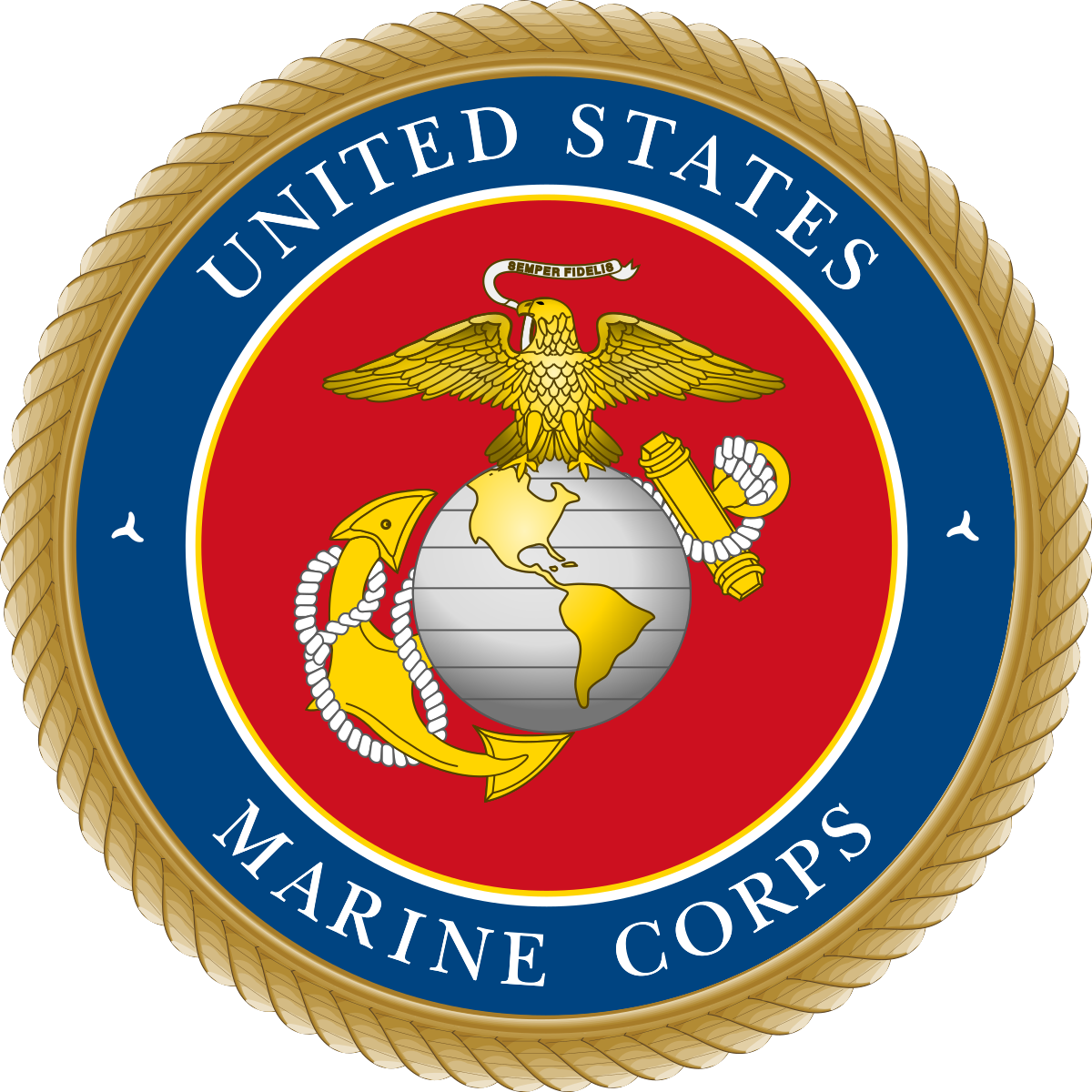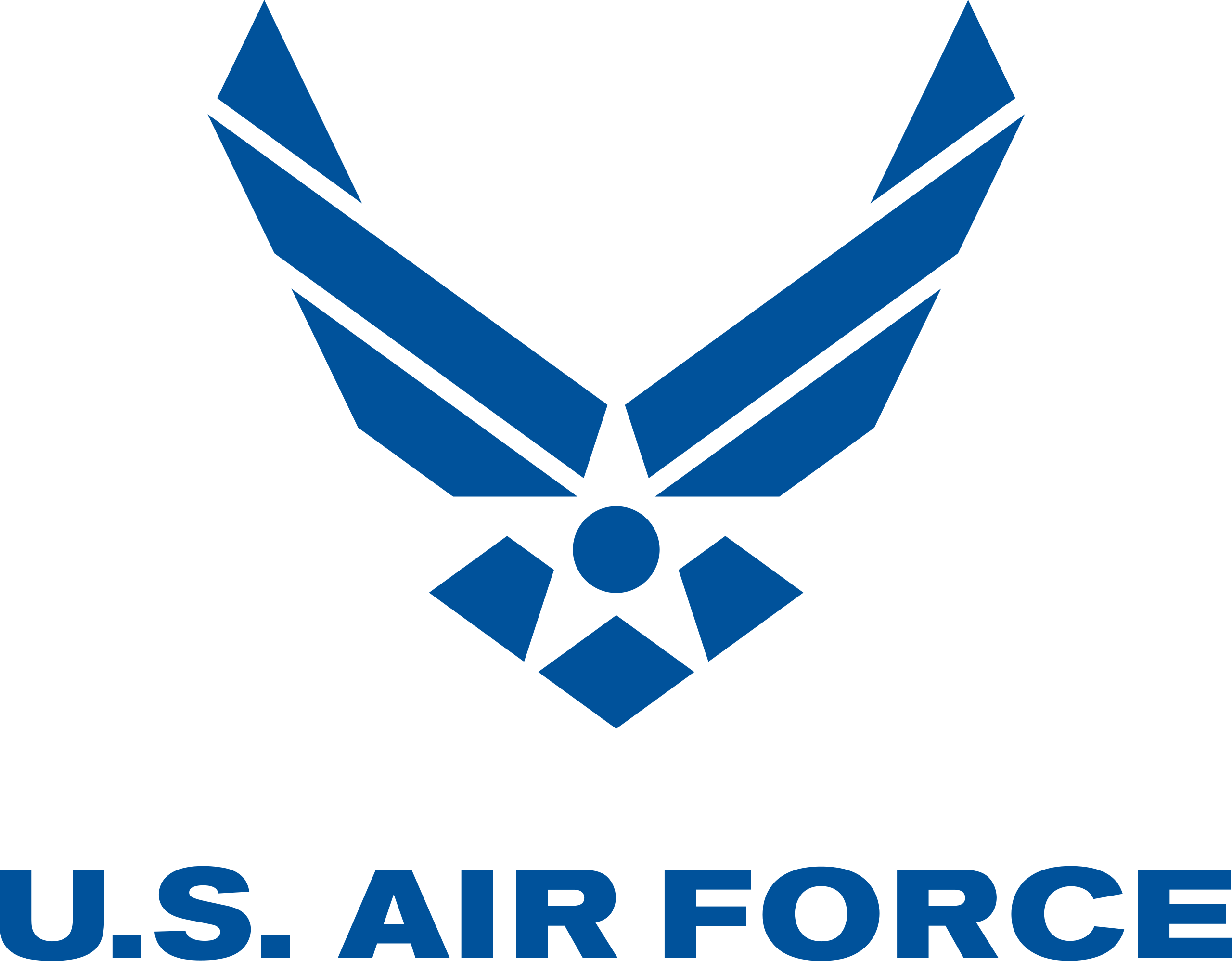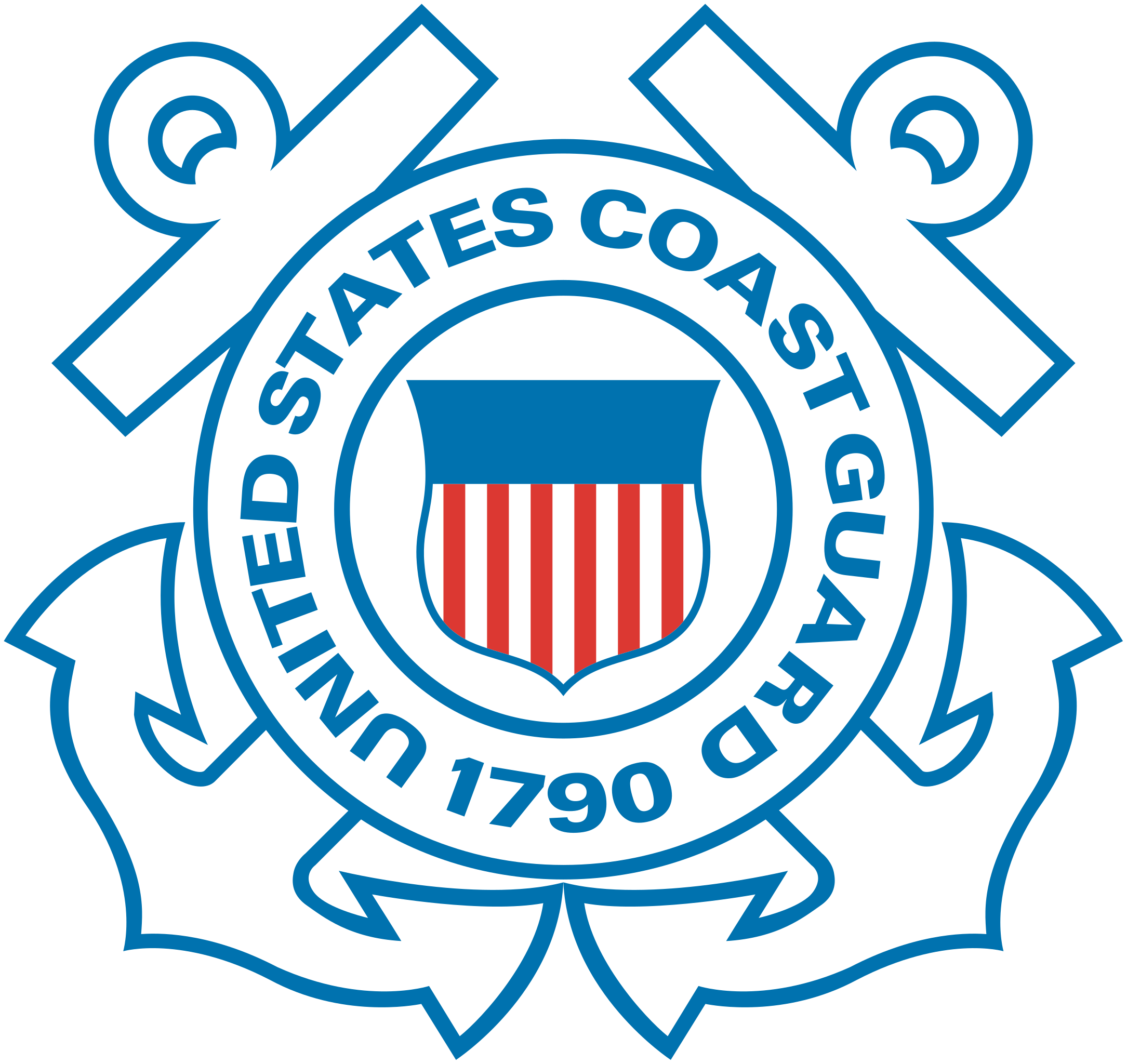NI - Nuclear Power School Instructor Officer
About
How do you condense 4 years of intricate math, science and theory about highly classified nuclear technology into just 12 months? Ask a Nuclear Power School (NPS) Instructor.
To be an Instructor at Nuclear Power School you must be at the top of your class and maintain the best understanding of nuclear power.
You are responsible for teaching not only the facts, but also the mindset.
Your students will be upholding the longest record of safe nuclear operations in the world.
They will power our entire defense force and they will need the preparation to so.
Navy Nuclear Instructors are the next generation’s mentors to reach the starting line.
Responsibilities
Nuclear Power School Instructors teach officers and enlisted personnel the theories and fundamentals behind the design and operation of Navy nuclear reactors and power plants.
These teachers are essential in preparing service members for their work in the fast-paced and competitive nuclear power field.
Naval Nuclear Power School is a 24-week course of instruction in science, technology and power plant operations designed to provide theoretical background knowledge of nuclear power.
Areas of instruction include: Physics, Chemistry, Algebra and Calculus Heat Transfer and Fluid Dynamics Reactor Theory Mechanical and Electrical Systems Design Radiological Controls and Health Physics
Work Environment
Serving at Naval Nuclear Power School (NNPS) in Charleston, SC, you’ll work in an academic setting for up to 5 years.
You eventually teach and facilitate the same collaborative learning environment that every nuclear trained officer and enlisted Sailor receives.
In this demanding environment you will teach, mentor and lead students through a difficult course of instruction both inside and outside the classroom.
Training
Upon graduation from college, the formal training process of becoming an officer in the Naval Nuclear Propulsion program is officially underway.
For those pursuing a Nuclear Power School Instructor position, the first step is Officer Development School (ODS) in Newport, RI – a 5-week course of instruction in Newport, RI, that provides a comprehensive and intense introduction to the responsibilities of being a Naval Officer.
After ODS, prospective Nuclear Power School Instructors move on to Naval Nuclear Power School (NNPS) in Charleston, SC.
While at NNPS, these prospective instructors assume an intense workload focused on the subjects they will eventually teach.
Subjects range from mathematics and physics to thermodynamics and electrical engineering.
Nuclear Power School Instructors then take the lead in administering the advanced curriculum, working closely with both the officer and enlisted personnel who come through their classrooms.
Promotion opportunities are regularly available during the first years of service.
It’s also important to note that specialized training received and work experience gained in the course of service can lead to valuable credentialing and occupational opportunities in related fields.
Post-Service Opportunities As a Navy Nuclear Power School Instructor, you will have incredible post-service prospects.
The highly-selective nature of the program combined with world-class advanced training and qualifications means your skills and knowledge are in high demand.
Adding “Navy Nuclear Officer” to your list of accomplishments will make you a top candidate for a variety of future careers including civilian engineering and management jobs after you complete your service.
Education Opportunities
There are no part-time jobs as a Navy Reserve Sailor in this role.
Go back to Careers to find other jobs that have a Reserve component.
You can also find out more about what life is like as a Reserve Sailor in the Navy.
Qualifications & Requirements
Because of the demanding nature of Naval Nuclear Propulsion Program and the magnitude of the responsibilities members will take on from a young age, requirements to become a candidate and join NUPOC are stringent.
The NUPOC program is open to both men and women.
The following program qualification criteria apply.
To be an eligible candidate, you must: Be a U.S.
citizen (dual citizens must renounce non-US citizenship) Be at least 19 years of age and less than 29 years of age at the time of commissioning—waivers up to 40 years of age for select jobs may be available Meet any additional physical standards of the Navy Education Candidates must be graduates or students of an accredited college or university in the United States or in a United States territory pursuing a BA, BS or MS (preferably major in mathematics, engineering, physics, chemistry or other technical areas).
Those still in school may apply as early as 30 months from completion of an undergraduate degree for Instructor positions.
Applicants may also join the NUPOC program as early as 12 months from completion of a master’s degree for all NUPOC positions.
Additional academic requirements include: Completed one academic year of calculus Completed one academic year of calculus-based physics A competitive GPA and a minimum grade of “B” in all technical courses General qualifications may vary depending upon whether you’re currently serving , whether you’ve served before or whether you’ve never served before .
 USMC
USMC NAVY
NAVY AIR FORCE
AIR FORCE ARMY
ARMY COAST GUARD
COAST GUARD SPACE FORCE
SPACE FORCE